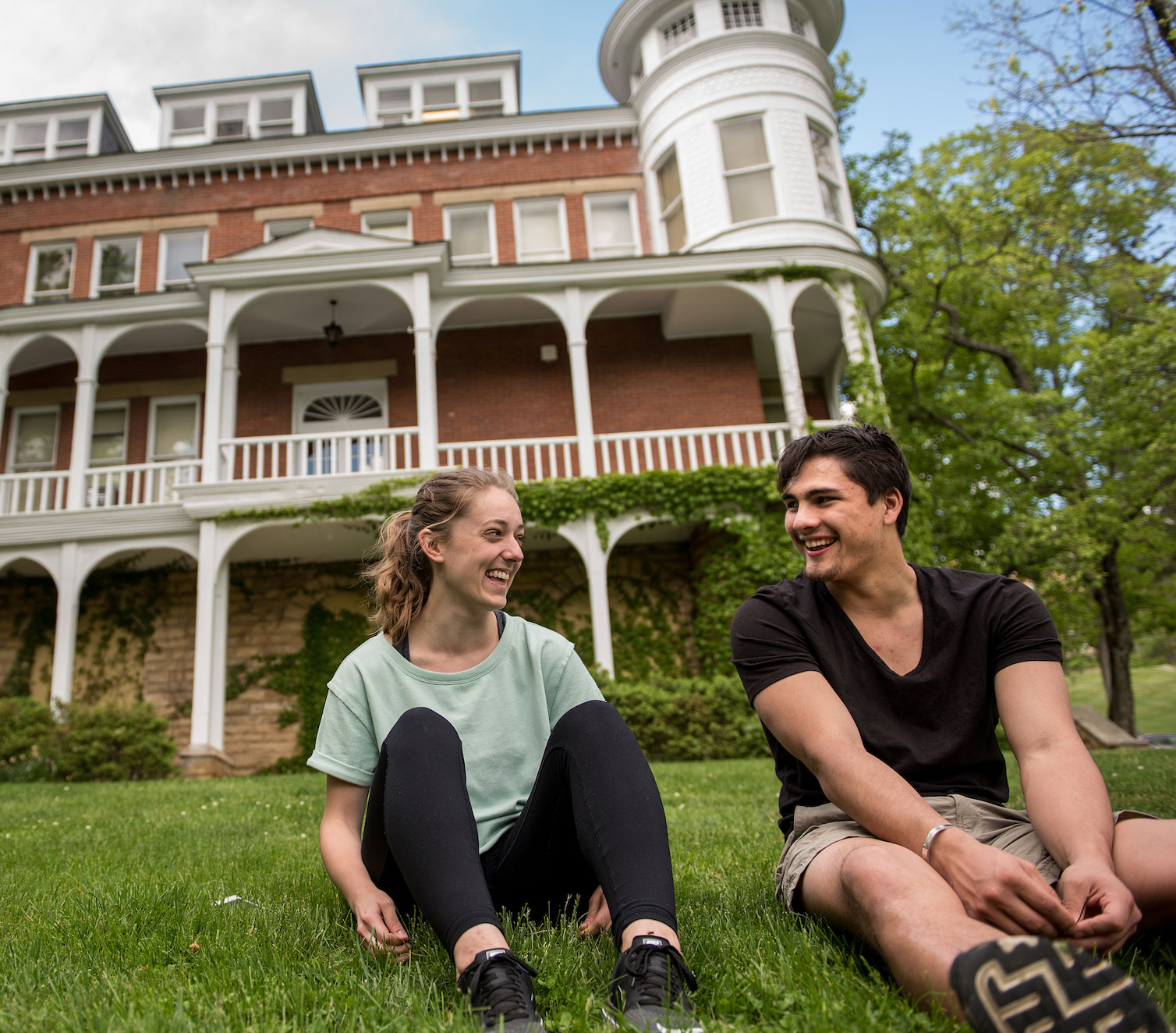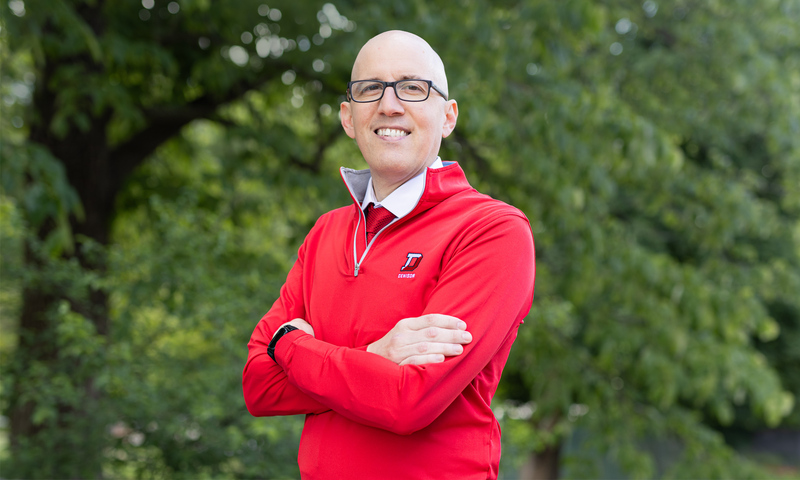Conflicts, big or little, happen whenever there is more than one point of view on a subject. Community values allow people to work their way through conflict to a resolution that is just and fair in the eyes of the people involved and the larger community.
Léna Crain, associate dean of students and director of Community Values & Conflict Resolution, has more than a decade of experience in higher education, and is particularly drawn to work in community values and conflict resolution.
She notes, “Conduct work sometimes has a stigma. I like the work because it’s an opportunity to connect students’ values and behaviors to their goals and futures. It builds the foundation of a community.”
“I like conduct work because it’s an opportunity to connect students’ values and behaviors to their goals and futures. It also builds the foundation of a community.”
Crain’s philosophy and practices are heavily shaped by restorative principles that emphasize relationships and community impact to shape positive change. With a deep appreciation for liberal arts education and the learning that residential communities foster, she works collaboratively and creatively to encourage the learning and development of students.
Instead of a violation of a campus policy, restorative practice views wrongdoing as an offense against both an individual and a community. Taking formal procedures out of the process, individuals can come together to directly address and resolve harm.
Crain shares, “It is difficult, powerful work. It can transform relationships and the quality of community life.”
The Denison community creates opportunity around relationship building. “I love the type of learning that liberal arts colleges promote. Denisonians are intellectually curious, thoughtfully express questions and ideas, and are attuned to movements from the campus to a global level. That’s me as an educator, too.”
“The Code of Student Conduct and other policies reflect Denison values and allow accountability for the individual and community,” says Crain. “There is a cultural aversion to healthy conflict, but with it, we can answer complex questions: How does one resolve dissonance with fairness and compassion? How can we understand, forgive, and restore? How might we build a community where all members feel recognized and valued?”

